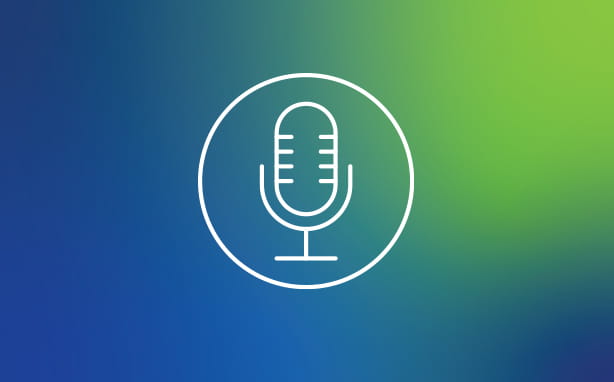A robust, diverse, pediatric behavioral health workforce is needed to meet children’s unique mental, emotional, and behavioral health care needs across the full continuum of care. To ensure that children can receive culturally competent, developmentally appropriate care, in suitable settings for their needs, America must invest in a specialized, pediatric behavioral health workforce now.
America faces a national crisis in children and teens’ mental health.
- Between 2016 and 2021, children’s hospitals saw a 153% increase in emergency department visits for suicide attempts and self-injury in children from ages 5-18.
- In 2021, 4 in 10 teens reported feeling persistent sadness or hopelessness. One in 5 teens contemplated suicide.
- Suicide is the second leading cause of death for youth ages 10-24 in the U.S.
- Currently, there are 10 child psychiatrists per 100,000 kids and teens. It is estimated the country needs 47 per 100,000.
- Fifteen million children and teens nationwide are in need of care from mental health professionals, but there are significant shortages across many pediatric mental health professions.
- Nearly 3 million children and adolescents do not have access to a school-based mental health professional, such as a school psychologist, counselor or social worker.
- There are only 5.4 clinical child and adolescent psychologists per 100,000 children 18 years of age and younger, far fewer than is needed to meet the existing and increasing demand.
Children cannot afford to wait any longer for action that will better connect them with critical mental health services and support.
Children’s hospitals recommend:
- Improving access to care through increased reimbursement rates for pediatric behavioral health services in Medicaid and CHIP to keep currently enrolled providers engaged in the program and to encourage more providers to participate.
- Tailored federal investments to grow and enhance the pediatric behavioral workforce through support for the recruitment and retention of a diverse workforce across pediatric behavioral health professional fields, including both clinical and nonclinical roles.
- Robust funding for the Children’s Hospital Graduate Medical Education program, which supports the training of half the nation’s pediatricians and the majority of pediatric specialists, including child and adolescent psychiatrists.
To address the youth mental health crisis, both immediately and for the long-term, it is essential to strengthen the capacity and reach of our existing pediatric behavioral health care workforce while also investing in recruiting and training the next generation of pediatric mental health professionals.
Children’s hospitals nationwide call on Congress to respond now with targeted policies to advance children’s mental health, by investing in children’s access to care through Medicaid and CHIP and bolstering the dedicated pediatric workforce which serves our nation’s children.





